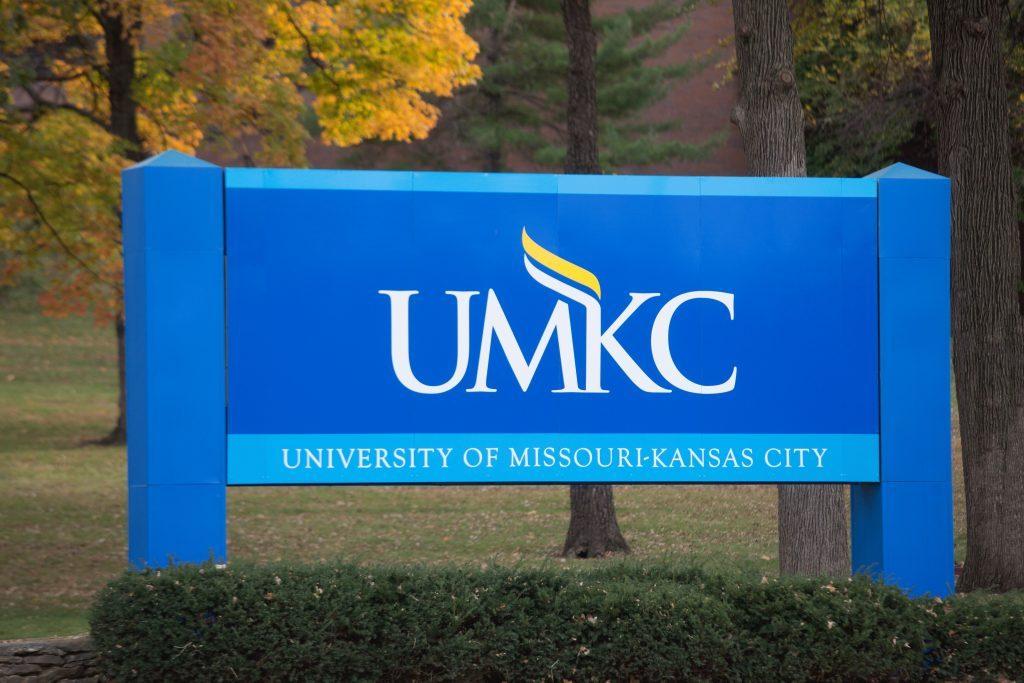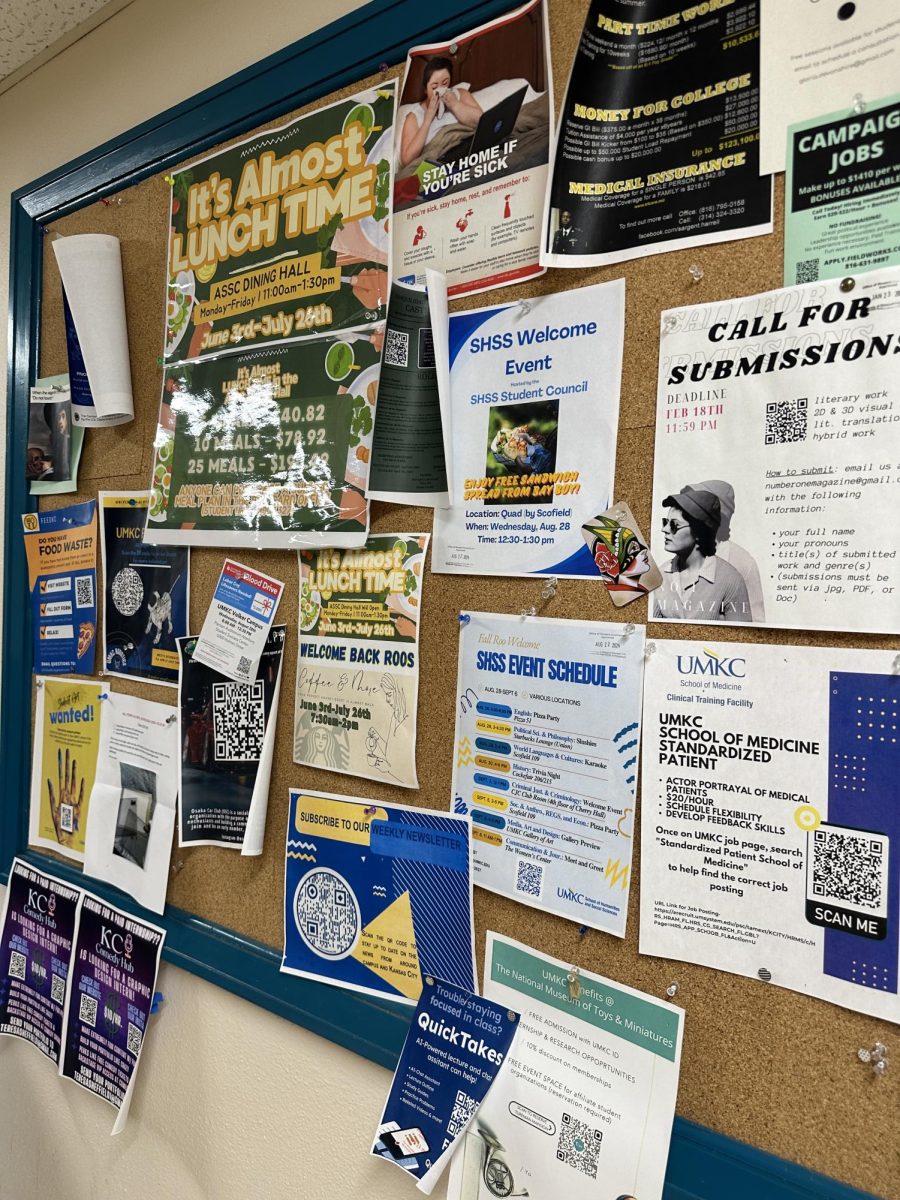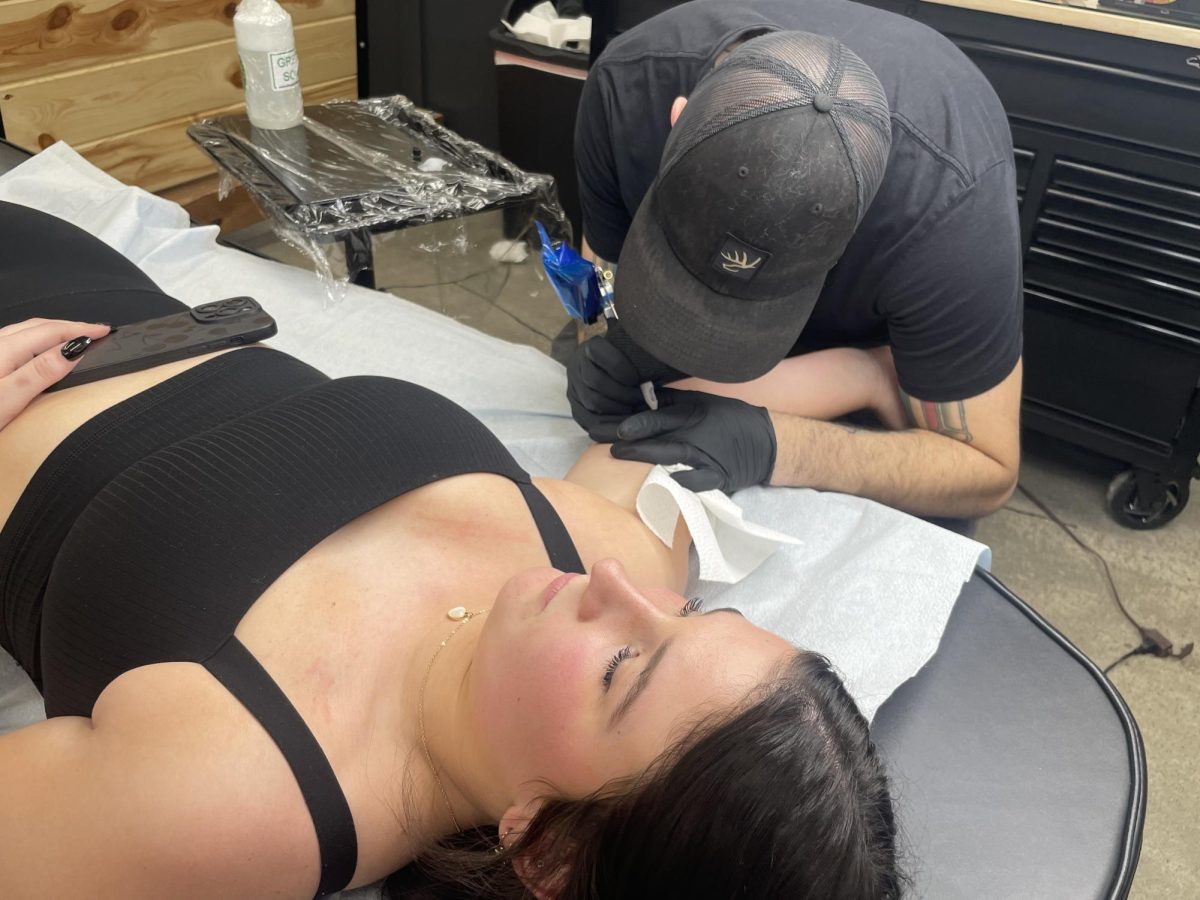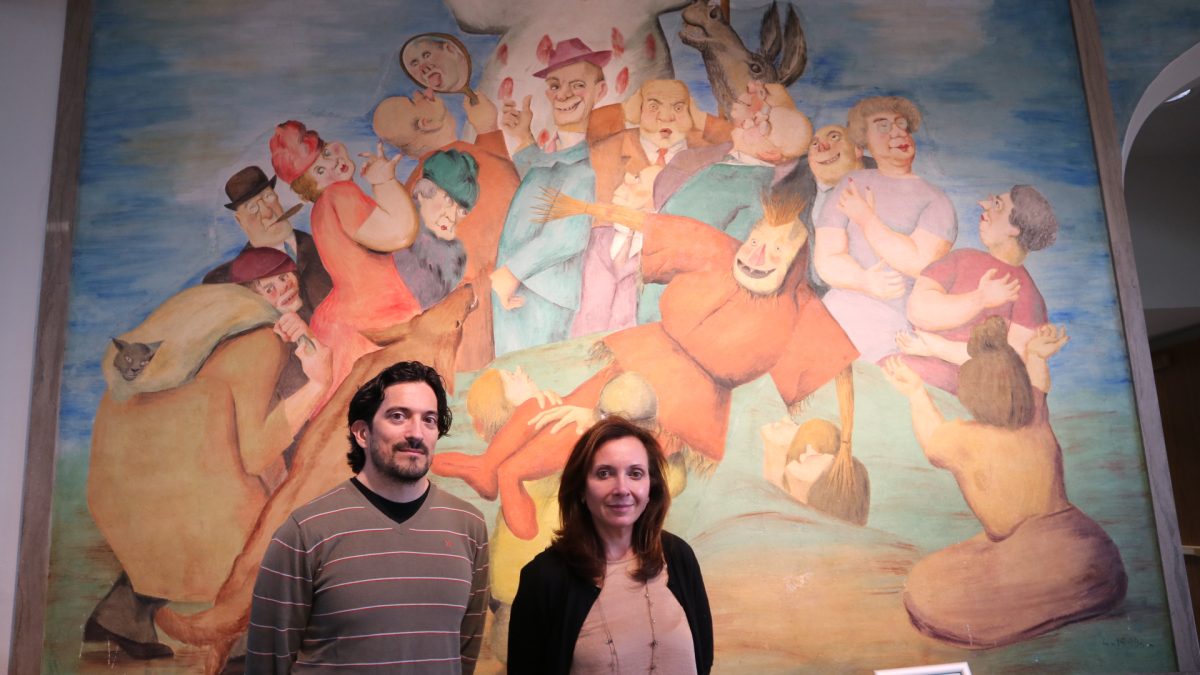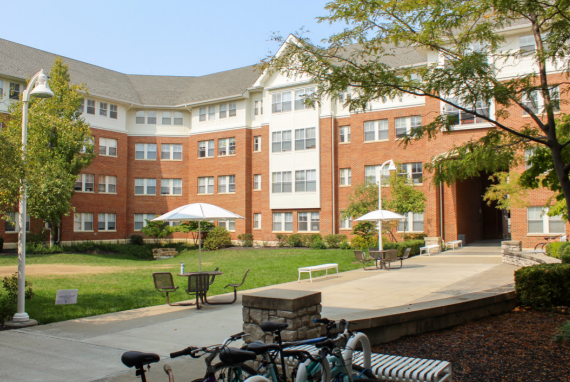Every 10 years, Missouri public universities must reaffirm their accreditation through the Higher Learning Commission (HLC). This year, it’s UMKC’s turn.
The major concern surrounding an institution’s accreditation is not unfounded. If a university were to lose its accreditation, it could lead to the school being denied federal and state funding and extreme drops in enrollment and retention that could lead to its closure.
However, Professor Kenneth Novak, a member of UMKC’s team that constructs reports for the HLC, believes UMKC will be successful in its re-accreditation efforts.
“I think that UMKC is in very good shape when it comes to whether our accreditation is going to be renewed. We should be very confident and proud,” said Novak. “I do not see anything that might be considered fatal, where there’s going to have to be drastic steps. But at the same time, I do not believe there is room for compliance.”
This process involves submitting yearly reports to the HLC in order to ensure universities are satisfying federal requirements and culminates in a campus visit by HLC reviewers on the 10th year. In order to prove that the university satisfies the HLC requirements, each school assembles a team in charge of collecting evidence and assembling a final report to provide to auditors when they make their campus visit.
These final reports revolve around five major criteria that focus on major aspects of the university’s foundations, which are set by the HLC. Included in these criteria are aspects such as ethical and responsible conduct, teaching and learning and fulfillment of the university’s mission. To reaffirm its accreditation, the university must satisfy all five of these requirements.
One of the most important ways the HLC reviewers collect evidence to evaluate these criteria is through open campus forums, which will be held Dec. 2 and 3, where students can provide personal testimonies about their experience at UMKC.
Novak encouraged students to participate in these forums.
“If students have…opinions about how we go about engaging in teaching and learning, how we shape our mission and values, or how we allocate funds and budgets and resources, and things like that, I think they should absolutely be engaged in campus forums,” said Novak.
When asked more specifically about how UMKC benefits from these evaluations, Novak said, “All complex organizations have challenges and could be improved. What I think we’re going to get out of this comprehensive review that’s going to be most helpful to the university is to have somebody from the outside confirm what we do well and where our challenges are, and where our focus should be moving forward. That’s an incredibly healthy thing.”
ccwykr@mail.umkc.edu


